 Courtesy: India Today
Courtesy: India Today
India’s new Agnipath scheme was launched in 2022, which offered young Indians a chance to qualify for four-year military service with 25% possibly being retained for a full service job. How have the ‘Agniveers’ fared now? In this time of multiple wars, how does the Agnipath scheme compare to ones offered globally?
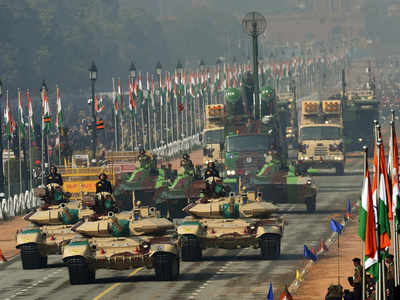 Courtesy: Times of India
Courtesy: Times of India
The allocation for defence in India’s annual budget for 2024-25 was, for the first time, not included in the budget speech. The country is upgrading its military, with new programmes and schemes, encouraging a start-up domestic defence industry, and reforming the defence research establishment. The separation will allay fears that India’s defence budget is never adequate.
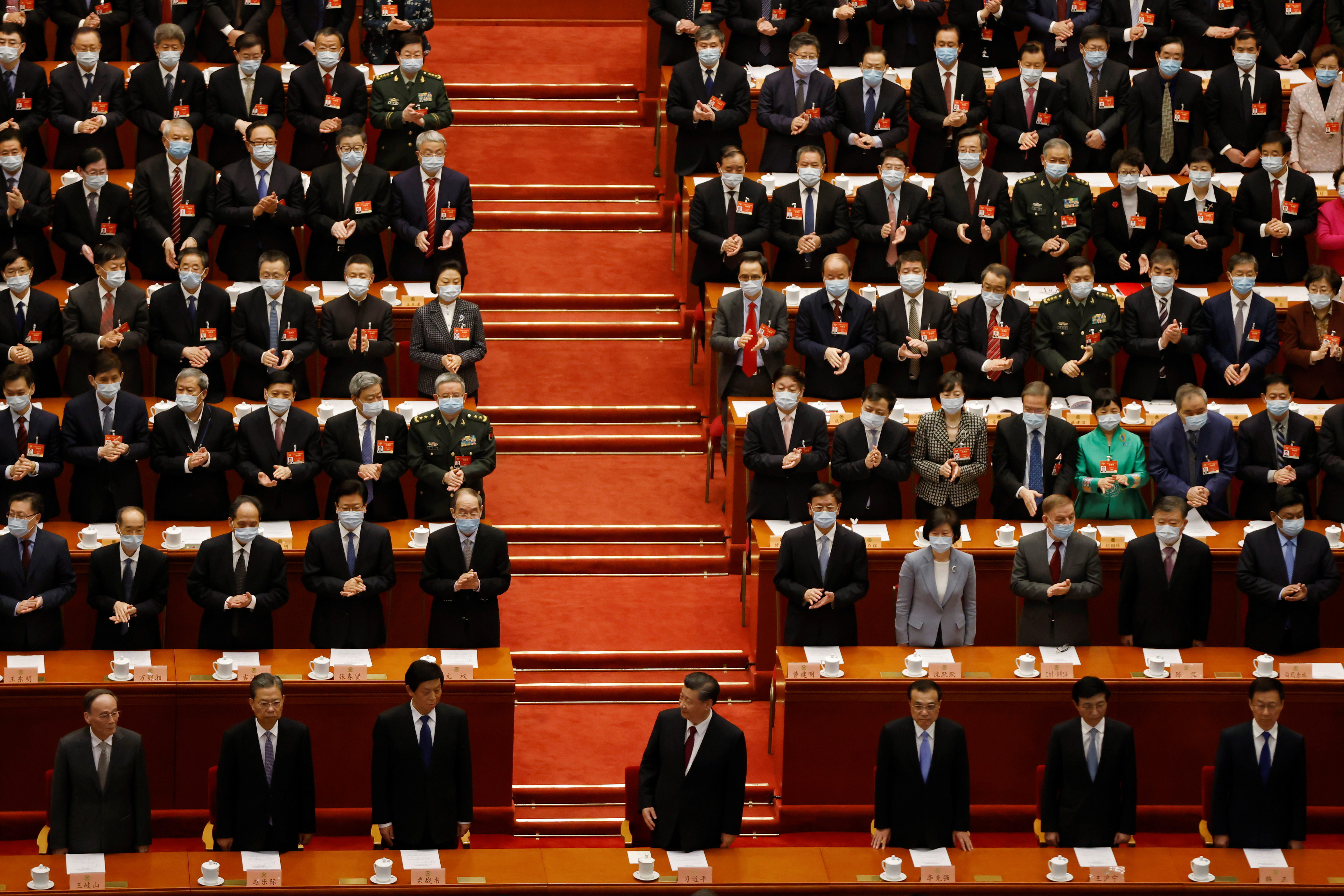 Courtesy: Reuters
Courtesy: Reuters
Two important conclaves held in December 2024 - a Politbureau meeting and the Central Economic Work Conference – set the tone for China’s economic focus in 2025. The economy needs a resurgence, given the domestic environment of low spending and the external threat of high tariffs – the outcome of swapping development for security. In 2025, China’s mandarins will try and find a balance between the two.
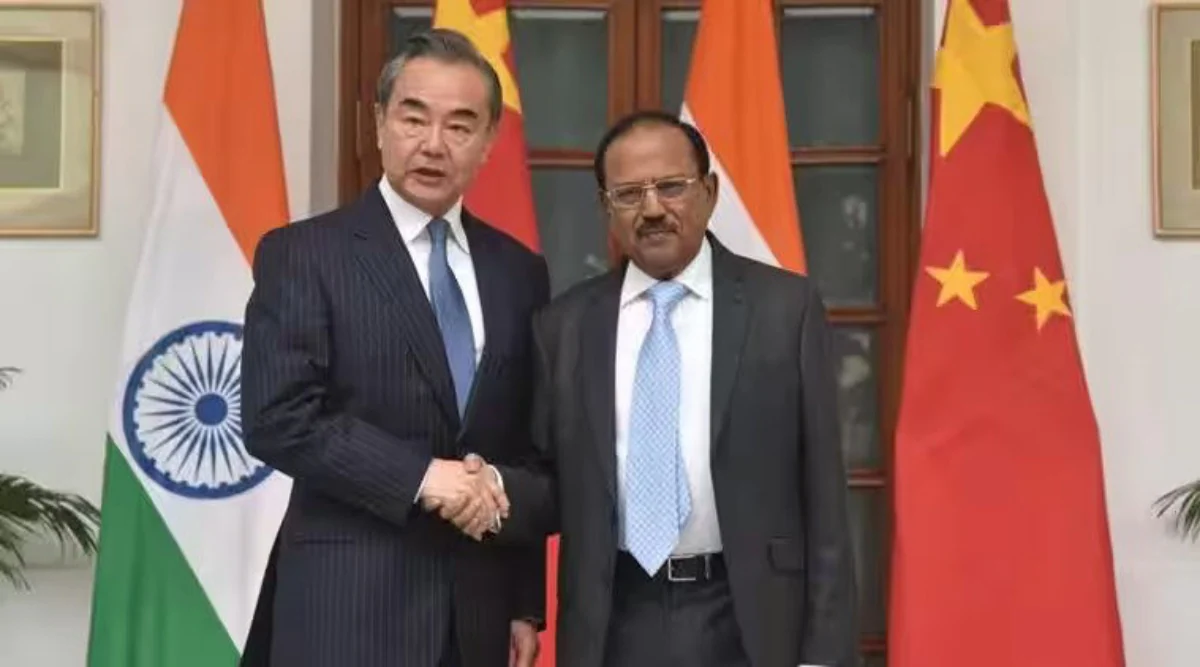 Courtesy: Indian Express
Courtesy: Indian Express
On December 18, India’s National Security Advisor Ajit Doval and Chinese Foreign Minister Wang Yi met in Beijing. This came two months after Prime Minister Modi’s bilateral meet with President Xi on the sidelines of the BRICS Summit in Russia. Lt Gen S L Narasimhan, Adjunct Distinguished Fellow, National Security and China Studies, discusses recent developments in India-China ties and how New Delhi can manage its complex relationship with Beijing.
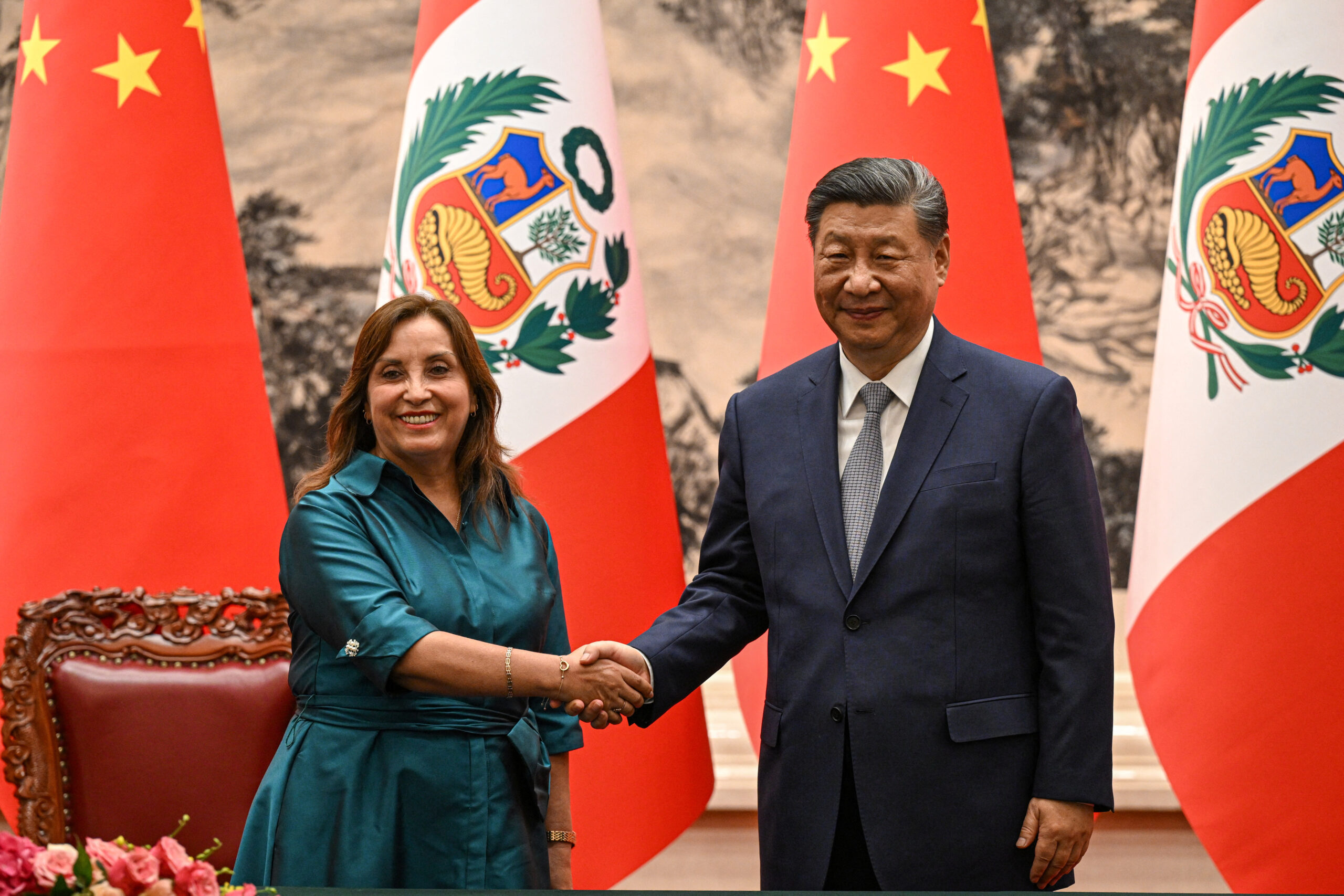 Courtesy: Atlantic Council
Courtesy: Atlantic Council
Xi Jinping’s visit to South America to attend the APEC and G20 meetings had multiple goals. To inaugurate a new gateway for China in Peru’s Chancay port, sign three dozen cooperation agreements with Brazil, and make nice with the continent’s nations from Chile to the Honduras. Did it succeed in expanding China’s influence in the region? Most certainly, yes.
 Courtesy:
Courtesy:
There is much discussion these days on the world order and the continuation or demise of the current format. To understand why this powerful agglomeration of states and rules is now being questioned, it is necessary to understand the role of China, its co-option of the institutions and rules of the world order, and the parallel order it is creating centred around itself.
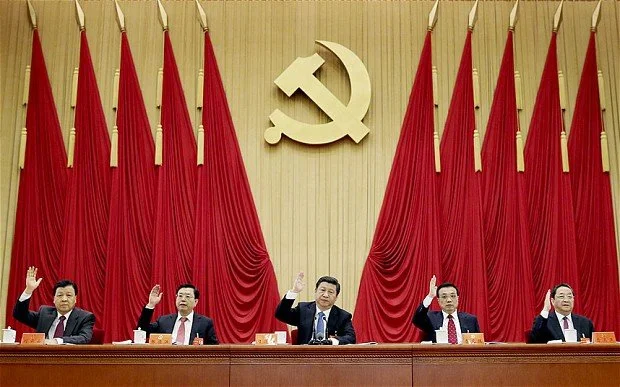 Courtesy:
Courtesy:
China has just announced a grand stimulus for its economy. An analysis of the outcome of the Third Party Plenum held in July, where many of these measures take birth, shows that despite the optimistic planning, China is readjusting its ambitions for future stability.
 Courtesy:
Courtesy:
Bangladesh Prime Minister Sheikh Hasina's forced resignation on August 5 came amidst prolonged and violent anti-government protests. Lt Gel S L Narasimhan, the Adjunct Distinguished Fellow for China and National Security Studies, Gateway House, analyzes the role of the army and external actors, and the strategic and security implications for India.
 Courtesy:
Courtesy:
China and India both give great importance to their neighbours – the former through its Friendly Neighbourhood policy, the latter through Neighbourhood First. Although China has been increasing its influence in the region, narratives that say that India is losing out to China lack in-depth analysis. To deduce the future trajectory of China in South Asia, it is important to study both China’s and India’s relations with each of these countries, as also with each other.
 Courtesy:
Courtesy:
Comparing India and China’s defence forces reveals that it is more than just a numbers game. Increased defence spending and modernization with AI and quantum computing has given China a substantial edge over India’s military capability. India is working to close the gap with an energetic focus on indigenous procurement and expanding international exercises.












